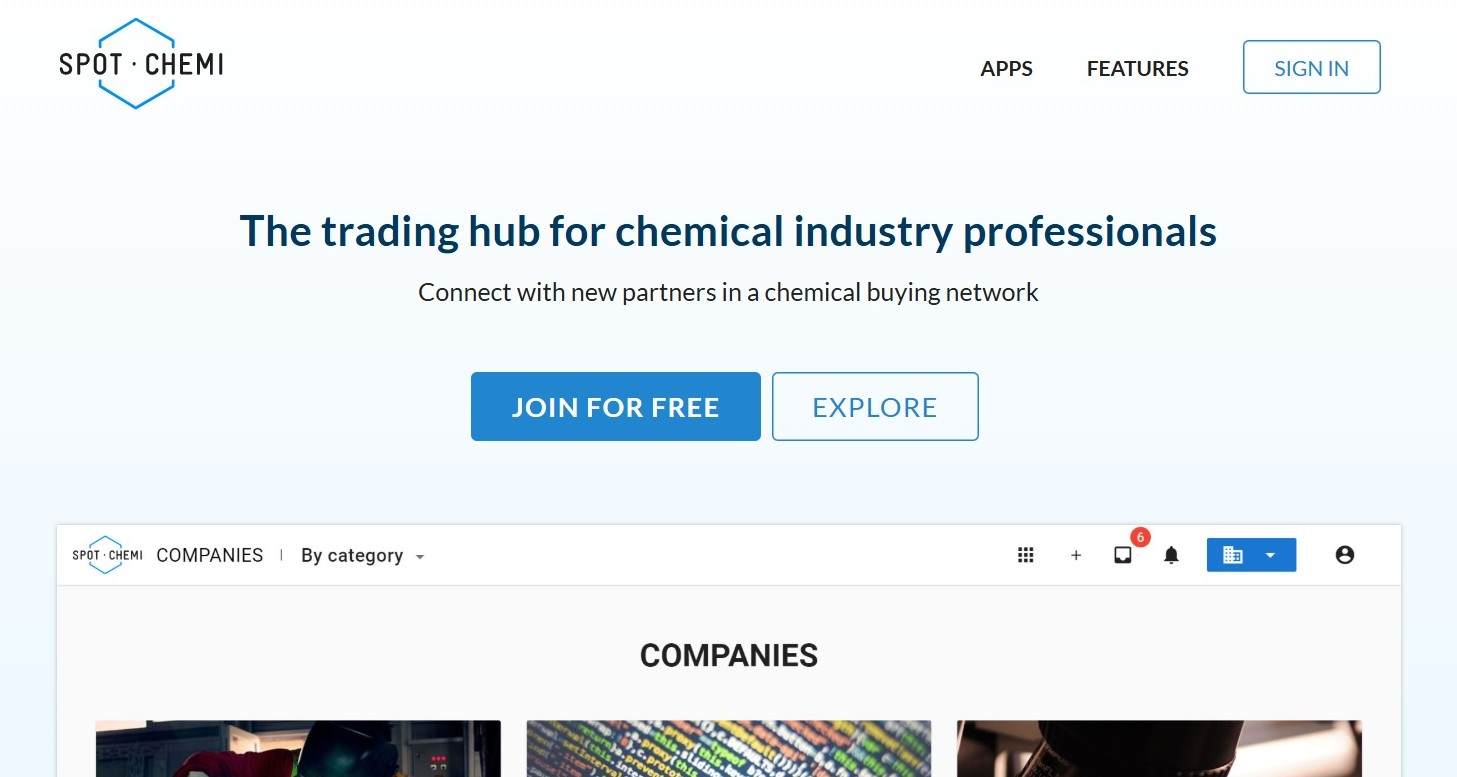8:40 AM — Planning the Day
I try to get into the office by 8am, but it’s my turn to take the kids to school today, so I’m in a little later than usual.
During my second cup of coffee, I jot down a priority list: RFQs (requests for quotes) to answer, orders to finalise, and two potential new suppliers to vet. In this job, adaptability is key. The chemical trading world doesn’t run on a perfect schedule — prices move, shipments get delayed, regulations change — and I need to be ready for it.
10:00 AM — Customer Communication & Deal-Making
My day properly kicks off with back-to-back calls. A distributor in Poland wants better payment terms, then a buyer in Italy is concerned about the lead time for ethyl acetate.
I negotiate, advise, and try to strike a balance between profitability and service. Product knowledge is critical — I need to know why one solvent works better than another, or how a small contaminant might affect a client’s production.
11:30 AM — Logistics and Paperwork
A freight forwarder calls: there’s a hold-up with a shipment in Hamburg due to a missing certificate. I coordinate with the supplier, arrange for re-issuance, and notify the client. Meanwhile, I double-check the SDS [safety data sheet] for a new batch of IPA [isopropyl alcohol] we’re sourcing, ensuring it aligns with REACH compliance and traceability standards.
1:00 PM — Trading in the Digital Era
Some on the team are using digital platforms for industrial chemical sourcing. Over the last decade or so, they’ve become an integral part of modern chemical trading. From online marketplaces that match buyers and sellers to cloud-based contract management tools, much of the process has shifted online. These platforms offer speed and transparency, but they do little to maintain personal connections in a screen-driven environment.
I often use them for buying and selling individual batches of spot chemicals—the leftovers and last bits of stock from cancelled contracts. I do this because online trading rarely replicates the build-up of a trading relationship made over time during the monthly supply of a chemical product from a long-term contract.
But for spot chemical prices and negotiations, I find online marketplaces a great place for trading. They enhance efficiency and enable quick price and product comparisons.
2:00 PM — Stock Awareness and Market Watching
After lunch, it’s time to review stock levels. A regional shortage in a key feedstock might present a short-term opportunity — or risk. We sometimes find advantages in acting fast to lock in margins before the market shifts.
3:30 PM — Internal Meetings and Supplier Check-Ins
We discuss a new product line from an Indian manufacturer. I bring up concerns about documentation standards and purity levels. Logistics from India can also be a challenge, but if there is trust between the two parties, then I always believe that every hurdle can be overcome.
4:30 PM — The Shadow of Automation
Lately, there’s been a growing unease about the role of AI in our profession. Algorithms can already crunch market data faster than any human, generate pricing forecasts, and even automate parts of the negotiation process.
While these tools can boost productivity, there’s a fear in many procurement and sales teams that the nuanced judgement and personal relationships that define good chemical trading might be undervalued or replaced. We often wonder what this job will look like in ten years’ time, or even if it will exist at all. For now, I use AI as an invaluable tool to make my time more efficient. I just can’t imagine it replacing all of the tasks I do, but then what office job is safe these days?
5:00 PM — Wrapping Up and Looking Ahead
I clear my inbox (again) and confirm a shipment for tomorrow. Then I have a quick de-brief with the boss and discuss plans for the rest of the week. Then I’m off home, although I keep my phone nearby in case something goes horribly wrong with a shipment — although it very rarely does.
Final Thoughts
Being an industrial chemicals trader is more than buying low and selling high. It’s about managing relationships, navigating regulations, understanding the products, and making smart decisions — often with incomplete information and limited time.
My partner thinks that I’m just go shopping for a living, while my friends see me more as Wall-Street-trader type. Neither opinion is very accurate, as much of the work is more mundane—where the key to success is being thorough and precise. That said, it does have its stressful moments and the intense satisfaction of making the right call under pressure.
It’s occasions like that which keep the job real. It’s that and the team around me that make it all worthwhile.
Note: To learn more about online trading, visit the industrial chemical hub at SPOTCHEMI. They sponsor this webpage and since 2013 have been operating a remote space for chemical industry professionals to meet, compare, discuss, and do business.
Note: This article is based on composite experiences of professionals in the chemical trading sector.
Photo credit: Seaview N on Unsplash, Israelandrxde, & SPOTCHEMI



